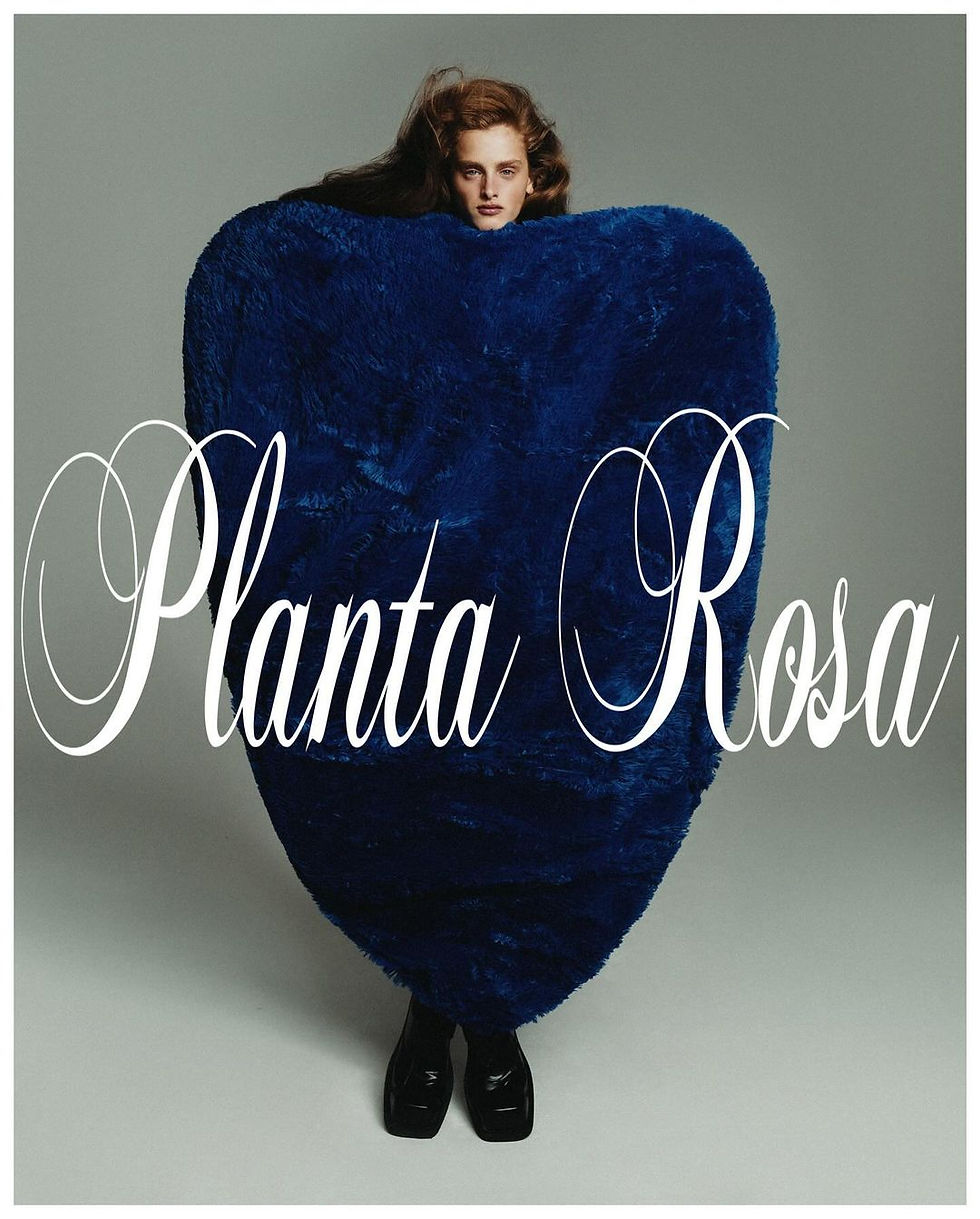How Social Media Killed Pop Culture
- Esteban Julian
- May 4, 2024
- 2 min read
I've spent a decade in the fashion industry, and I feel it's important to discuss an important shift: how social media has transformed pop culture. This change isn't just about new ways of consuming content; it fundamentally alters how culture is created, consumed, and turned into a commodity.

Redefining Pop Culture
Pop culture traditionally encompassed the popular ideas, trends, and cultural expressions that characterized a society at a given time. With social media, the nature of pop culture has changed. It's now less about the content and more about how quickly we embrace new trends and abandon old ones. Pop culture today is defined by this rapid pace of change. It's more like a behavior, not a culture.

The Speed of Cultural Exchange
Social media facilitates an incredibly fast rate of cultural exchange. Trends can appear overnight and become globally popular almost instantly. This swift spread shortens the lifespan of trends, as new ideas constantly replace the old, challenging the depth and durability of cultural phenomena. Culture has become more about volume than about connection.

Impact of Commercial Interests
In today's landscape, the commercialization of culture has intensified. Businesses and content creators frequently push new, marketable content to grab attention and drive profits, often at the expense of cultural depth. This profit-driven focus affects both the creation and the perception of cultural content. Finding niche and unique content keeps getting more difficult, and the dream of pursuing this commercially seems more distant day after day.

Technological Influence on Culture
Algorithms play a major role in shaping our online experiences, predicting what we might like based on previous interactions. This can narrow our exposure to diverse cultural expressions and perpetuate a cycle of repetitive content. Consequently, pop culture often mirrors what is engaging rather than what is truly innovative or culturally valuable. It rewards people who behave and act like everyone else, and it punishes the ones who pursue individual thinking and expression.

Conclusion
The digital transformation has turned pop culture into a domain of constant and rapid change, rather than a reflection of lasting cultural values. As participants in media and culture, we should consider how to foster a more significant cultural environment in the face of these swift consumption cycles. New technologies can potentially solve this problem, but for now, building genuine communities is the only way forward.

BRAND FEATURED IN THIS ARTICLE: https://www.instagram.com/plantarosa.jpg/?hl=en
%20HD.png)












Comments